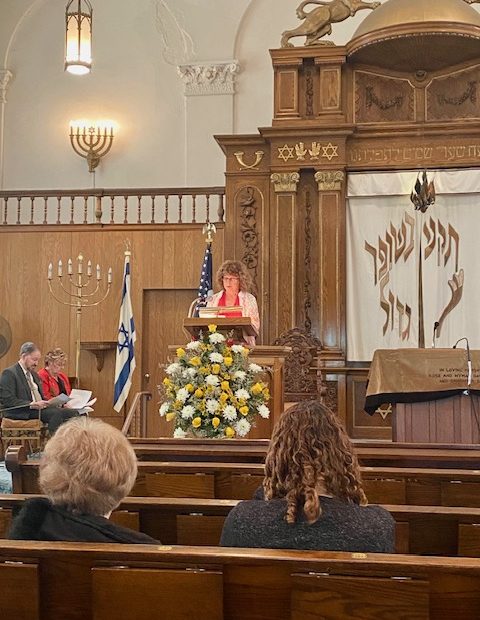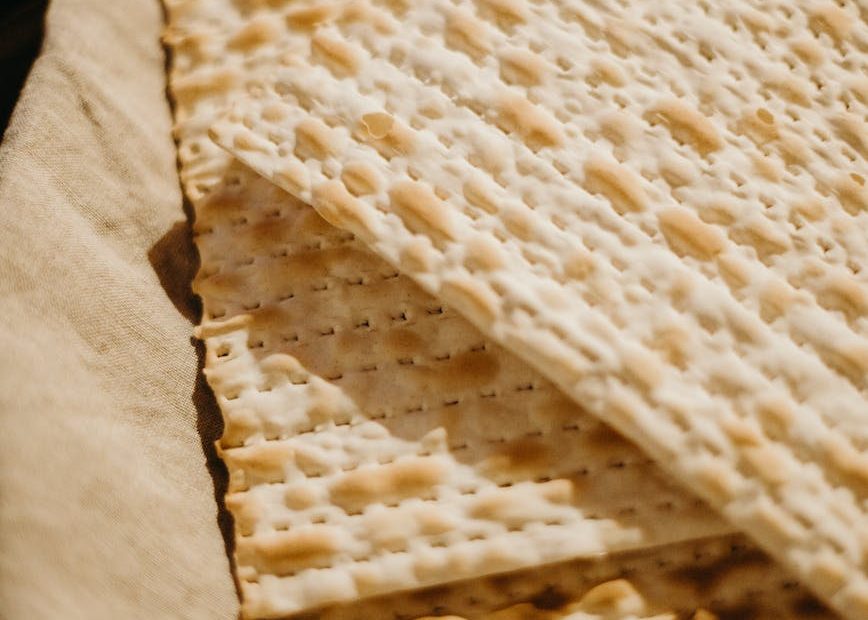September 2023 Agudagram
We can differentiate between the
Shofar of Elul, which is primarily
a wake-up call, “Wake up, you
sleepers, from your sleeping, and
those of you who are in deep
slumber, arouse yourselves from
your slumber. And Return to
Hashem!” By the end of Elul, we
are, hopefully, fully awake and
ready, or at least aware, of the
“Fear and Trembling” required by
Rosh HaShanah in democratic America comes with complicated strings attached. They present us with huge political and moral choices between self-protection and fighting for what is right in the greater society. That’s why Daniel can be such a powerful model for us. He rises so high in the court of the king that the latter calls upon his wisdom and good counsel before all his nobility. Yet the favor that Daniel curries with Belshazzar doesn’t prevent him from severely chastising Belshazzar for his wrongdoing. Daniel serves the king, but he serves God and God’s truth even more.









